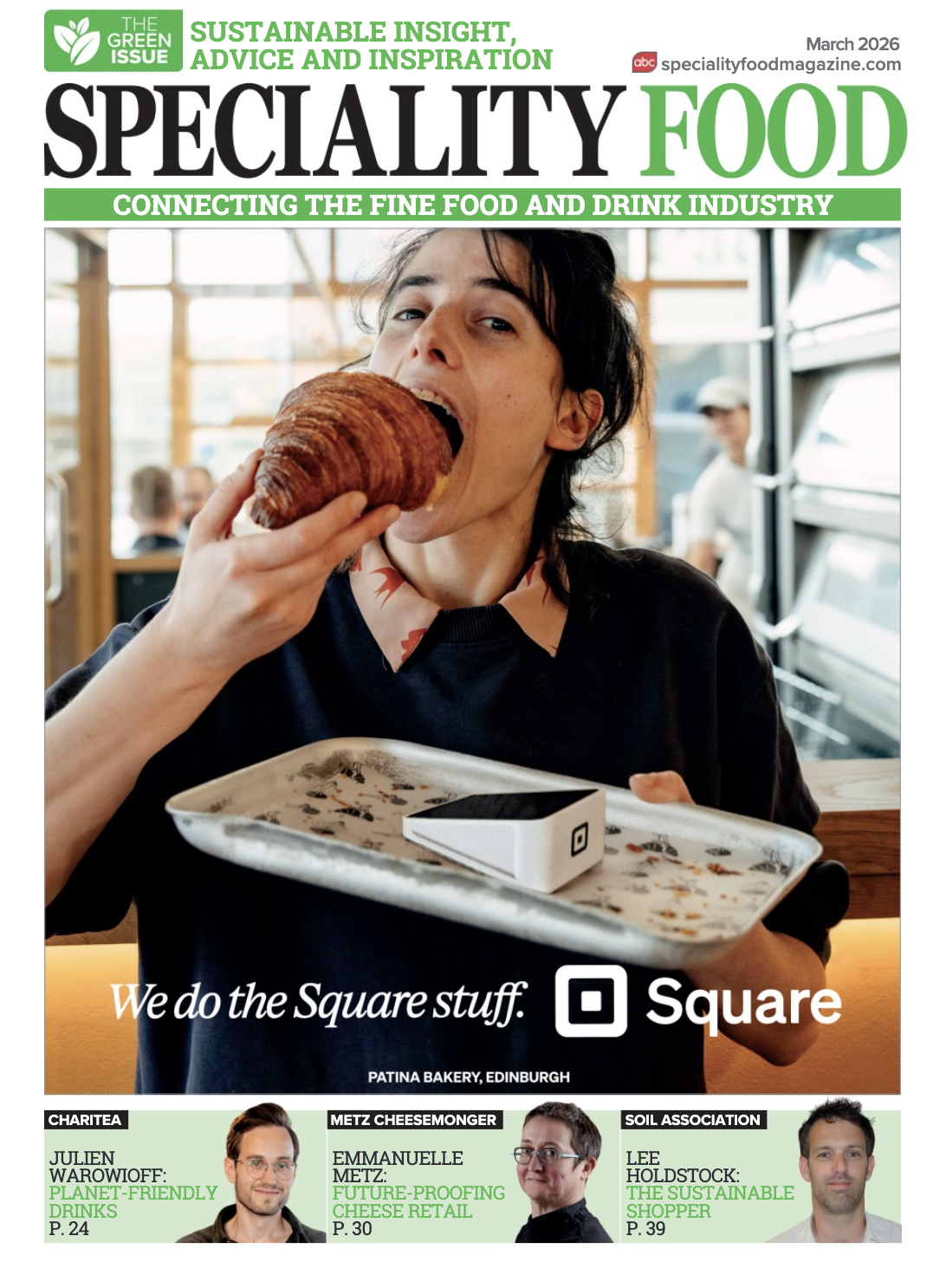“Sustainable confusion”

- Is our café a hero or a villain?
- “The battle for optimism and morale in retail”
- “What to do about January?”
- “Is the Christmas boom sustainable?”
- “2019 and all that”
New Year’s Resolution number one: greater sustainability awareness in all our practices.
This must be on every deli in the country’s 2020 urgent to-do list. Climate change awareness should be at the very heart of our thinking in running our own businesses. However, as in many areas of retail, there is a lot of contrasting advice out there as to what exactly we should be doing.
For example we have been trying to reduce our use of plastic around the shop, encouraged by vigorous tweets and comments from customers. However this is while becoming increasingly aware that materials other than plastic could have a greater impact on harming the environment. There are a number of examples of this recently highlighted in the press.
For instance, paper bags, it is claimed, have higher carbon emissions than plastic and are often single-use. Glass bottles are much heavier than plastic equivalents and therefore more polluting to transport. And new materials that make beneficial claims regarding sustainability have not yet had their impacts properly assessed over a long enough period of time. Take coated cartons. They are widely touted to be recyclable but, at the present time, the UK only has the resources to recycle about one third of them, apparently. There is also a lack of understanding about what certain labels actually mean – such as bio-based, biodegradable and compostable – and when they should be used.
Not only that but in a recent report, entitled Plastic Promises, a cross party Parliamentary Group warns that ending plastic packaging could actually be more harmful to the environment. The British Retail Consortium have also stated evidence where plastic remains the most effective material in terms of food packaging – such as cucumbers that last up to 14 days longer when wrapped in plastic.
It all creates a very confusing dilemma for the local speciality food retailer, and the government and industry bodies clearly need to clarify the best strategy going forward– although this is not expected particularly soon. In the meantime we have stopped using plastic straws, plastic cutlery and other disposables and are reviewing all other uses of plastic wherever possible around the shop. Another area of confusion to my mind concerns Christmas sales. The Office for National Statistics recorded a fall of 1.3% in December in food stores. However, if one reads the Retail Week League Table published in January only two out of 14 food or drink retailers (Sainsbury’s and Morrison’s) admit to a decline in sales at all.
The answer may lie in the fact that when announcing Christmas sales only two of the retailers used the same parameters. Perhaps a question of ‘expanding the goalposts’ to project the best sales result? The Christmas periods vary considerably including five weeks, four weeks, 10 weeks, three months, 24 days, six weeks and 13 weeks for example. To be honest I am not entirely unsympathetic to this way of announcing sales and can even add my own version – for the calendar months of November and December 2019 Partridges was 4.2% up over the preceding year. For December alone it was 1.5%. But last year there was an extra Saturday which always helps us in the run up to Christmas. To be honest I am happy with this. It could have been a lot worse but there is plenty of room for improvement – sustainably, of course.
more from Expert Eye
-
“The multi-sensory deli”
06 September 2019 Expert EyeEver since I started working in food shops – some 16,790 moons ago – it has always been impressed upon me that the three most important aspects of a successful enterprise are location, location, location. -
“The Costa Del Shop 2019”
20 August 2019 Expert EyeEver since I started working in food shops – some 16,790 moons ago – it has always been impressed upon me that the three most important aspects of a successful enterprise are location, location, location. -
“The importance of regulars”
26 June 2019 Expert EyeVorsprung Durch Technik was a very successful advertising slogan used by Audi in the 1980s.

